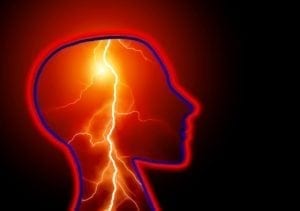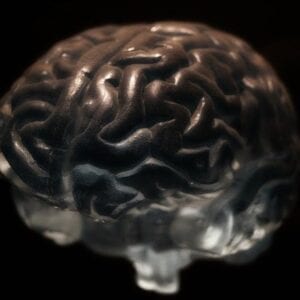Idiopathic Intracranial Hypertension (IIH)
What is idiopathic intracranial hypertension?
Idiopathic intracranial hypertension (IIH) occurs when there is high pressure in the brain. If there is an excess of cerebrospinal fluid or not enough is re-absorbed, it can build up and apply pressure on the brain. This leads to symptoms that mimic a brain tumor.
What are the symptoms of idiopathic intracranial hypertension?
The signs and symptoms of IIH mimic those of a brain tumor, as they both apply pressure on the brain. Symptoms include vomiting, dizziness, nausea, changes in vision, trouble walking, vision loss, forgetfulness, tinnitus, vomiting, stiff neck, depression, and frequent headaches. In addition, exercise tends to worsen symptoms.
What causes idiopathic intracranial hypertension?
IIH can be idiopathic, meaning there is no known cause; acute, meaning the symptoms come on suddenly, often because of a stroke or head injury; or chronic, meaning that symptoms develop and persist over time, often because of underlying health issues.
Like the name suggests, medical professionals don’t know what exactly causes IIH. However, a number of medications have been linked to a higher risk of IIH, such as birth control, steroids, certain acne medications, some antibiotics, and chemotherapy drugs. Additionally, females of childbearing age, those with a thyroid condition or chronic kidney failure, and obese people live at a higher risk of IIH.
How is idiopathic intracranial hypertension diagnosed?
A physical examination is the first step in diagnosing IIH, and then tests are used to rule out other conditions, such as a brain tumor. Possible tests include imaging tests like CT scans and MRIs, vision tests, eye exams, and a lumbar puncture.
What are the treatments for idiopathic intracranial hypertension?
Treatment varies depending on what causes the pressure on the skull, if the cause can be identified. Possible treatment options include spinal tap, losing weight, a shunt in the brain, limiting fluid and salt in the diet, surgery on the optic nerve, and taking medications like diuretics.
Where can I find out more about idiopathic intracranial hypertension?
IIH Articles


IIH Rates are Significantly Higher for Black and Hispanic Women


Study of the Week: Idiopathic Intracranial Hypertension Cases Are on The Rise

Doctors Explore Why This Brain Pressure Disorder Increased Six-Fold




